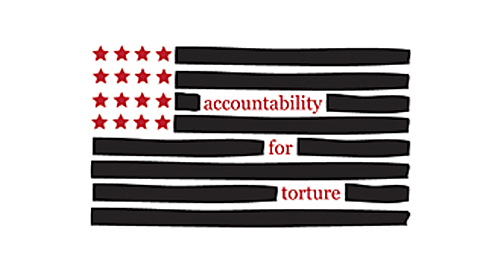
By Samuel Walker, a professor at the University of Nebraska at Omaha and author of the just-published ÔÇśPresidents and Civil Liberties From Wilson to Obama: A Story of Poor CustodiansÔÇÖ (Cambridge University Press). His web site is .
We just marked the 40th anniversary of the Watergate break-in, when five burglars associated with the White House were caught in the Democratic Party headquarters at the Watergate office complex in Washington, DC. The burglary unleashed a series of revelations of misdeeds that eventually led to the resignation of President Richard Nixon on August 9, 1974.
More attention should be paid to the subsequent wave of investigations and reforms that followed. The ÔÇťWatergate Moment,ÔÇŁ a brief period when the public was outraged by official misconduct, was a historic turning point on law and public policy regarding the intelligence agencies and presidential power. It commands our attention today because of the perspective it sheds on the ÔÇťTorture Moment,ÔÇŁ the transition between presidents George W. Bush and Barack Obama. In contrast with that earlier moment, neither Obama nor the Congress have been willing to pursue new protections against the abuse of presidential power and violations of AmericansÔÇÖ rights. It has been a historic lost opportunity.
Spurred in December 1974 by sensational revelations in The New York Times of domestic CIA spying, Congress created special committees to investigate abuses by the intelligence agencies. The Church Committee held sensational Senate hearings about FBI and CIA misdeeds, eventually publishing 14 reports. The House suppressed the Pike CommitteeÔÇÖs final report, but the details of its investigation of the CIAÔÇÖs secret budget, its long record of failure in major international events, and the lack of meaningful oversight over the agency were already public.
The ÔÇťWatergate MomentÔÇŁ resulted in several significant reforms: President Gerald FordÔÇÖs 1976 ban on CIA assassinations, the 1978 Foreign Intelligence Surveillance Act, the 1978 Ethics in Government Act, which included provisions for an Independent Counsel (to investigate alleged misconduct in the Executive Branch), and the creation of new committees in both houses of Congress to oversee intelligence activities. Even more important, the cloak of secrecy that had shielded the CIA, the FBI, and other intelligence-related activities was demolished.
To be sure, the post-Watergate reforms have been only partially effective. President Bush not only violated the FISA law, but the very secrecy of the FISA Court precludes meaningful accountability. The Independent Counsel became a loose cannon, untethered to proper political accountability. Congress allowed it to lapse quietly in 1999. The CIA quickly learned how to manipulate the Congressional intelligence committees, whose members have been reluctant to ask tough questions before the fact ÔÇô although eager to posture after abuses have been revealed. Nonetheless, with all their imperfections these reforms were historic if incomplete steps forward.
The ÔÇťTorture Moment,ÔÇŁ when public revulsion over torture and other Bush administration abuses was at its peak, provoked no equivalent set of investigations and reforms regarding the Bush policies in the war on terrorism. The Obama administration could have undertaken its own investigations, and the president might have persuaded a reluctant Congress to conduct its own. Unfortunately, President Obama chose not to pursue that course.
Upon taking office, Obama quickly banned torture and secret prisons, but he has been unwilling to conduct a full inquiry into abuses related to the war on terrorism, which could have documented exactly what happened, pinpointed responsibility, and laid the foundation for more effective controls. Congress has been unwilling to create equivalents of either the Church or Pike committees.
Instead of an inquiry into the Bush abuses, the Obama administration has continued many of the worst policies. It has vigorously defended secrecy, including the state secrets doctrine, continued military commissions and limitations on the right of habeas corpus, and refused to disavow extraordinary renditions, among other actions. Even more ominously, it has adopted, without public review, a policy of targeted killings, and has undertaken more prosecutions involving leaks than any other administration.
A stinging 2010 └¤░─├┼┐¬Ż▒Żß╣ű report concluded that the Obama administration has made the Bush national security policies ÔÇťthe new normal.ÔÇŁ It did not have to be. Had the president capitalized on the ÔÇťTorture Moment,ÔÇŁ we might have developed a set of war on terror policies that are both humane and constitutional.
Learn more about torture: Sign up for breaking news alerts, , and .

